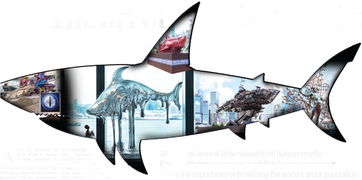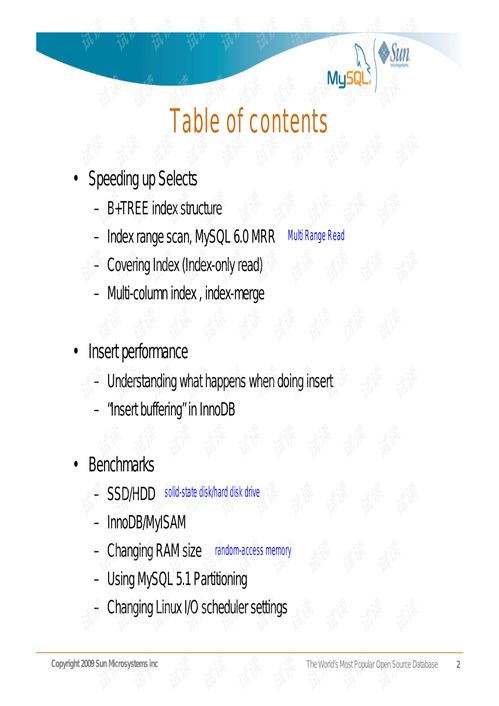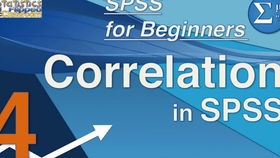Content:
In the serene world of angling, there is a constant pursuit of improvement and mastery. Whether you are a seasoned fisherman or a beginner looking to refine your skills, achieving a higher level of proficiency is a journey filled with patience, practice, and the acquisition of essential techniques. This article delves into the art of fishing and provides strategies to help you elevate your techniques to level four.
Understanding the Basics
Before diving into advanced fishing techniques, it's crucial to have a solid foundation. This includes understanding the basic equipment, such as rods, reels, lines, hooks, and bait. Level four proficiency requires not only the knowledge of how to use these tools but also an understanding of the principles behind them.
Rod and Reel Selection: Choose a rod and reel that match the type of fishing you plan to do. For example, a spinning rod is ideal for light to medium-duty fishing, while a baitcasting rod is better for heavier lures and fish.
Line and Leader: Use the appropriate line strength for the fish you're targeting. A heavier line may be necessary for larger fish, but it can also spook them. A leader with a smaller diameter can help you present your bait more naturally.
Hook Size: The size of the hook should correspond to the size of the bait and the fish you're aiming to catch. A smaller hook is better for finesse presentations, while a larger hook is often needed for more robust fish.
Advanced Casting Techniques
Casting is a fundamental skill that separates the beginners from the experts. Level four casting involves precision, distance control, and the ability to cast into difficult locations.
Back-Casting: Master the back-casting technique to cast over obstacles and into tight spots. Practice with different types of casts, such as the false cast, the roll cast, and the overhead cast.
Pitching: Learn to pitch your lure with accuracy. This technique is essential for covering a lot of water and targeting fish in specific areas. It involves a short, controlled cast that lands the lure close to the fish.
Trolling: Trolling requires a steady hand and the ability to maintain a consistent speed. Practice with different speeds and depths to understand how they affect the fish's response.
Bait and Lure Selection
Choosing the right bait or lure is crucial for attracting fish. At level four, you should be able to select the most effective options based on the fish species, weather conditions, and the time of day.

Natural Bait: For natural bait, consider the type of fish you're targeting. Live bait can be more effective, but it requires more effort to catch and maintain. Artificial baits, such as plastic worms or grubs, can be more convenient and durable.
Artificial Lures: Lures come in various shapes, sizes, and colors. Experiment with different types to see what works best in your fishing environment. Consider the fish's feeding habits and the current conditions when selecting a lure.
Understanding Fish Behavior
To become a level four angler, you must understand the behavior of the fish you're targeting. This includes their feeding patterns, preferred habitats, and seasonal movements.
Seasonal Changes: Fish may migrate or change their feeding habits with the seasons. Study the seasonal patterns of the fish you're interested in and adjust your tactics accordingly.
Weather Patterns: Weather can significantly impact fish behavior. Overcast days, cooler temperatures, and rising water levels can make fish more active and easier to catch.
Improving Sensitivity and Patience
Level four fishing requires a high level of sensitivity and patience. You must be able to detect subtle movements in your line and respond quickly.
Feel the Bites: Practice feeling the lightest taps on your line. This often requires a light touch and the ability to distinguish between real bites and false alarms.
Patience is Key: Great fishing often requires patience. Spend time understanding the environment and the fish's behavior before making a move.
Conclusion
Elevating your fishing techniques to level four is a rewarding endeavor that requires dedication and a willingness to learn. By mastering the basics, refining your casting skills, understanding fish behavior, and developing patience and sensitivity, you'll be well on your way to becoming an expert angler. Remember, the journey is as important as the destination, so enjoy the process and the beauty of the water you fish. Happy fishing!












